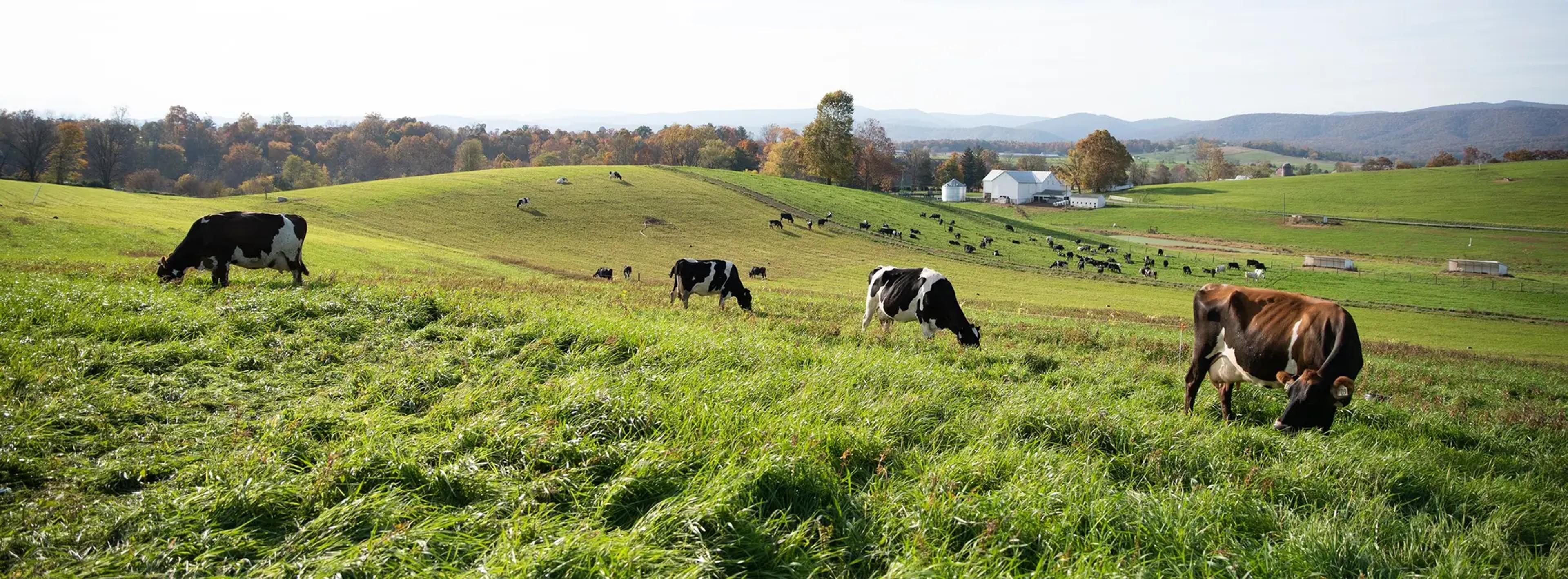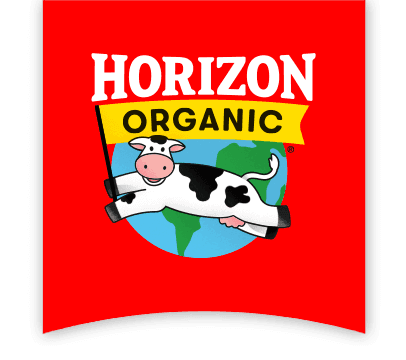Home page

Coalition for Organic Dairy Exemption (CODE)
The Coalition for Organic Dairy Exemption (CODE), comprised of Aurora Organic Dairy, Horizon Organic, and Organic Valley, is taking action because the current government dairy price regulations – the Federal Milk Marketing Orders (FMMO) - do not work for organic producers, processors, or consumers.
By failing to recognize the legally defined difference between organic and conventional dairy production – and the unique challenges organic dairy faces – the FMMO system works against the outcomes it is meant to deliver, impacting our ability to provide our products to consumers who choose to purchase organic milk.
We’re taking action because our voice has not been heard. Federal regulators have repeatedly denied organic dairy a meaningful seat at the table, effectively leaving us out of decisions that impact our ability to do business.
Conventional and organic dairy are different and should be treated as such. We’re merely asking that government regulations not treat conventional and organic milk as if they are the same.
FMMOs and Organic Dairy
The Federal Milk Marketing Order (FMMO) program sets minimum prices farmers receive for their milk and ensures that bottled milk processors always have a sufficient supply. Because FMMO rules assume that all regulated milk and milk processors are conventional, it is simply not designed to benefit organic.
FMMOs today ignore that organic dairy production is not interchangeable with conventional, that organic carries much higher production costs and farmers market organic milk to buyers very, very differently. For organic, FMMO rules actually make it much harder to accomplish the FMMO’s intended outcomes.
FMMOs require fluid milk handlers to pay into a producer settlement fund (PSF) which redistributes funds based on product usage. Handlers pay into the PSF based on their organic milk volume and product utilization, yet those payments are distributed to conventional producers—even though conventional milk can’t be used in organic production.
This is a one-way transfer from organic producers and processors to conventional, and it is legally and practically inequitable. Simply put, it means organic producers are locked out of the core benefits of the system: access to additional milk supply and supply chain stabilization.
Organic milk accounts for only ~3% of total U.S. milk production, yet it represents about 7% of fluid (Class I) milk—which is the most heavily impacted segment under the FMMO system.
Because of this disproportionate share, the organic dairy sector pays around $50 million annually into a system that actively disadvantages them.
FMMOs were never designed with organic in mind, and a pricing structure that continues to treat all milk as the same is harmful to innovation, organic dairy farmers and consumers.
An Organic Dairy Exemption
There are 2,700 organic dairy farmers across the United States today. Organic farm milk production increased from 1.5 percent in 2008 to 2.3 percent in 2021.
During this same period, organic fluid milk has grown to represent an increasingly larger share- about 7% today- of the total fluid milk market, underscoring consumer demand and the need for policy reform. Consumers want to buy organic milk, but like other groceries, they want to be able to buy it at a reasonable price.
Exempting organic dairy from the FMMO Program will protect our ability to do business and better account for the sector’s unique challenges, most notably the higher costs of organic production and milk balancing. We’ll have support for future industry innovation and more funds will go directly to organic family farmers.
Exempting organic dairy from the current system would mean these funds could be used to:
- Better support America’s organic dairy farmers
- Improve full and efficient utilization of producers’ milk
- Support farm transition programs, enhancing on-farm infrastructure and sustainability
- Expand domestic organic milk supply to meet consumer demand
This is not about picking winners or losers in the dairy industry. It’s about ensuring government systems support both organic and conventional dairy.
The Coalition for Organic Dairy Exemption (CODE), is comprised of;


